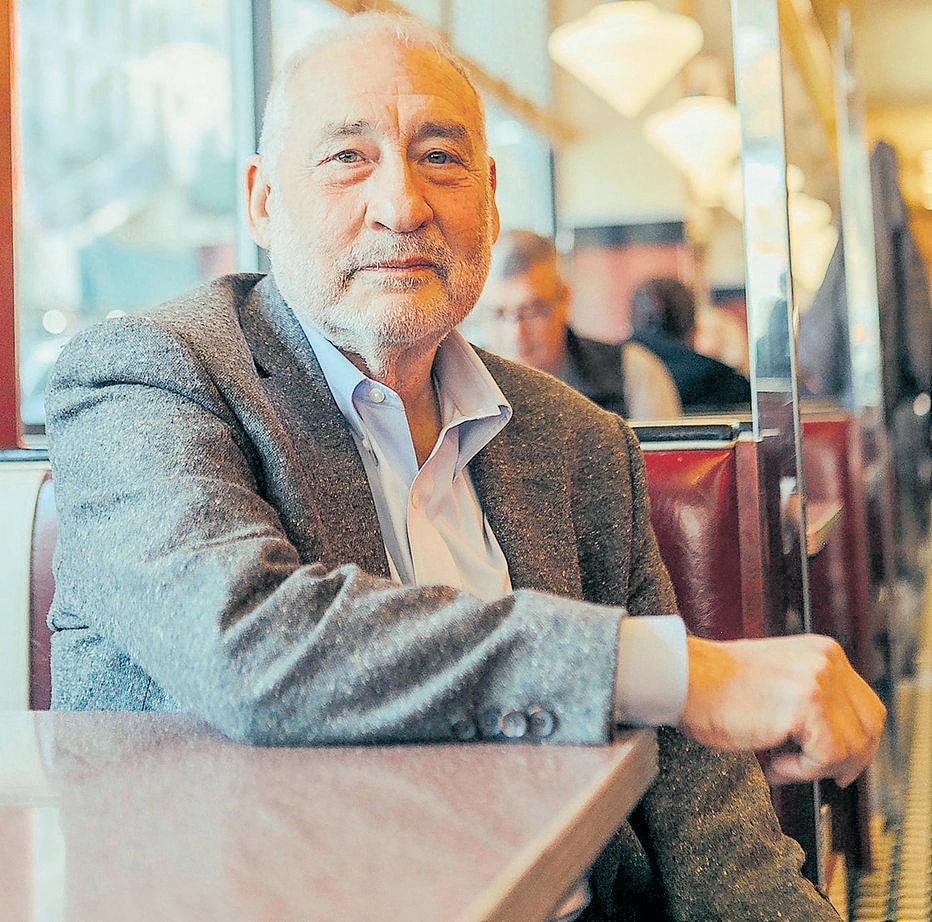Many people,
predictably, have reacted to the Covid-19 pandemic by insisting that it makes
the case for whatever policies they were advocating before. Conservatives who
believe in the magical power of tax cuts insist that we should respond to a
pandemic by, you guessed it, cutting taxes. Anti-immigrant groups insist that
it shows that we must stop immigration. Bernie Sanders supporters insist that
for some reason it means that Democrats should turn away from Joe Biden.
Advocates of a universal basic income insist that it shows why we need U.B.I.
So it’s kind of
impressive, amid this orgy of confirmation bias, to find many mainstream
economists — and, with a slight delay, the Democratic leadership in Congress —
acknowledging that coronavirus economics really is different, that it calls for
policies that are different from the usual recession-fighting playbook.
For the record:
even if you believe that cutting taxes would greatly increase Americans’
incentive to work hard (which you shouldn’t), tax cuts aren’t the answer when
millions of workers are necessarily idle because of a lockdown meant to limit
viral infection.
And the coronavirus
slump actually makes the case against universal basic income, even though part
of that $2 trillion not-a-stimulus bill did involve sending everyone a check.
What’s happening now is that a large number of American workers — maybe as many
as one in four — have lost their income because of social distancing. These
workers have bills to pay; they need replacement income close to what they were
making before. The rest of the work force doesn’t need anything comparable.
And if you just
send everyone a check, it will be either grossly inadequate for the newly
unemployed, impossibly expensive, or both. Universal income, independent of
circumstances, won’t do the job.
So what should our
economic policy be? Over the past week or so mainstream economists have largely
converged on the view that we should focus not on economic stimulus — we want
part of the economy shut down for the time being — but on disaster relief for
those losing their incomes.
What’s striking is
that this is the answer coming even from Keynesian economists like Larry
Summers, Olivier Blanchard, and yours truly, who generally favor fiscal
stimulus in the form of spending to fight slumps, and have been urging the U.S.
to take advantage of low interest rates to do a lot more public investment. You
might have expected this gang of nerds to use the current slump as an excuse to
pursue their (our) favorite policy.
But hard thinking
about the nature of the current crisis says that infrastructure spending,
however desirable it may be, doesn’t address the immediate issues. Enhanced
unemployment benefits and aid to small businesses do get at the heart of the
current problem. So that’s what serious economists are recommending, and
Democrats in Congress have mostly come around to the same view.
Making your policy
recommendations contingent on what’s actually happening in the world may not
sound like a terribly hard test of intellectual integrity. But given the
political world we live in, I’m actually impressed and gratified to see so many
economists rising to the challenge.
Mathematical models
of the economy may seem abstruse, but they help clarify our thoughts. Here’s
the state of the art on pandemic economics modeling.
My informal take on
the issue, done before I saw that lovely model (which, FYI, has a definite
Krugman 1998 feel.)
But unemployment
insurance is creaking under the strain; in New Jersey it relies on programs
nobody knows how to write anymore.
Economists
overwhelmingly support the lockdown.




